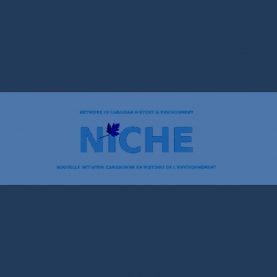
As part of Bill Turkel’s API workshop, those of us connected to research clusters and communities (including Sean Kheraj, Shekhar Krisnan, Stephane Levesque, Alan MacEachern, Geoffrey Rockwell, Tom Scheinfeldt) brainstormed around the potential role of APIs to facilitate cluster research. Here’s what we came up with:
APIs defined:
“APIs are useful translators for people who are going about their own business”
We must consider APIs:
i. within clusters
Universities support collaboration between colleagues within a university, but not those colleagues outside the university
ii. cluster to cluster
How do we transfer expertise in one cluster to another cluster?
iii. from clusters to public
Google as a model for API development
Do we feel threatened by Google because it is a quasi university (or pseudo university, depending on one’s perspective)? What can we learn from Google?
• Google never tried to do or be everything (a la Yahoo and its portal); instead they built lots of individual tools; in the same way each of us should try to do one thing well.
• Google built very simple interfaces (one field, one button)
• Users learn how to use Google apps by trying them
• Its apps are transparent (scholars tend to make things opaque)
• Google gives employees 20% of their time to do what they want; we should do this with our grad students
• Google gives credit (humanists are not good at giving credit (scientists are much better))
How should we use APIs to support collaboration?
We need to define what scholars do (this is what Zotero and Omeca have accomplished – these focused on a process of scholarship) that large corporations (e.g. Google) won’t or can’t do. Scholars:
• build databases
• create content
• print books (that last)
• go slowly
• focus on detail
• think long-term
• teach undergraduates and graduate students
• run journals, symposia, etc.
Potential deliverables (given what scholars do):
• Run a conference using GoogleDocs, where participants pay via PayPal, and another API provides simultaneous translation
• Develop a research exchange where scholars swap tasks (a credit/exchange)
Moving forward
We need:
i. knowledge of what is there
ii. the capacity to integrate it
iii. training for our students
We should build:
a. social APIs (not technical APIs)
b. tools and techniques to engage the public (e.g. so that members of the public could help researchers to do translation work)
